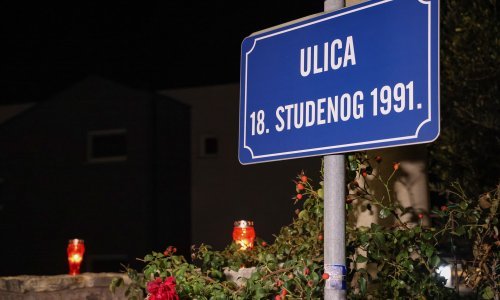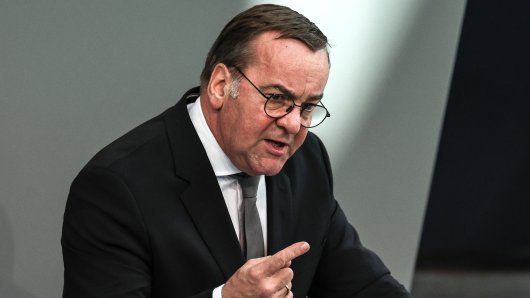The President of the International Criminal Tribunal for the former Yugoslavia (ICTY), Theodor Meron, said in New York on Wednesday that efforts were being made so that the UN war crimes tribunal in the Hague would be able to successfully wrap up its work, in accordance with the deadline set by the UN Security Council, adding that it was possible that appeals in the case of Prlic and others would be handled down by the so-called residual mechanism of the tribunal
Maximum efforts are being invested so that the remaining job could be done as soon as possible, respecting of the rights of ICTY indictees and convicted persons in accordance with international standards, Meron said in his regular address to the UN Security Council.
The Hague tribunal is scheduled to wrap up its work by the end of 2014 and cases that will not reach the courtroom by then will be referred to the residual mechanism which will go into effect on 1 July.
Meron said he expected the trials of Goran Hadzic and Ratko Mladic to be completed as planned – Hadzic’s by the end of 2015 and Mladic’s by mid 2016 – while deadlines for the trials of Vojislav Seselj and Radovan Karadzic have been broken by three and six months respectively and the ruling in Seselj’s case is expected in October this year and in Karadzic’s case in July 2015.
Although ICTY is scheduled to handle most of the appeals procedures, Meron said that the appeal in the Prilic and others case would be completed by the tribunal’s residual mechanism. Meron said that the verdict in the appeals procedure is expected by mid 2017.
The Security Council was also addressed by the ICTY Chief Prosecutor who said that over the past year the Office of the Chief Prosecutor received several blows, following acquittals in a number of cases.




































